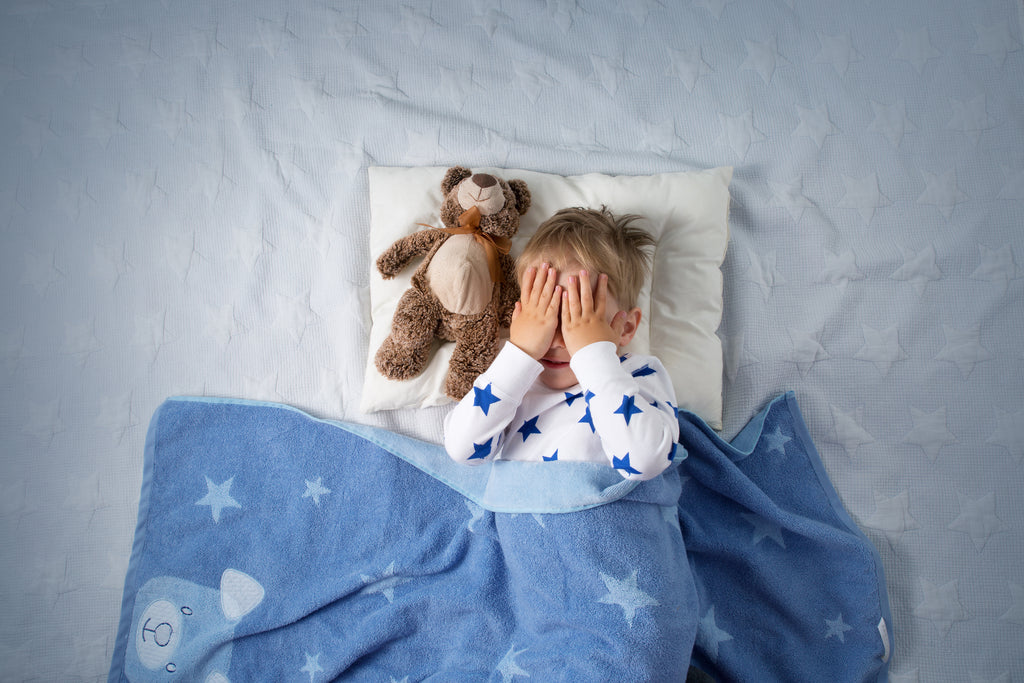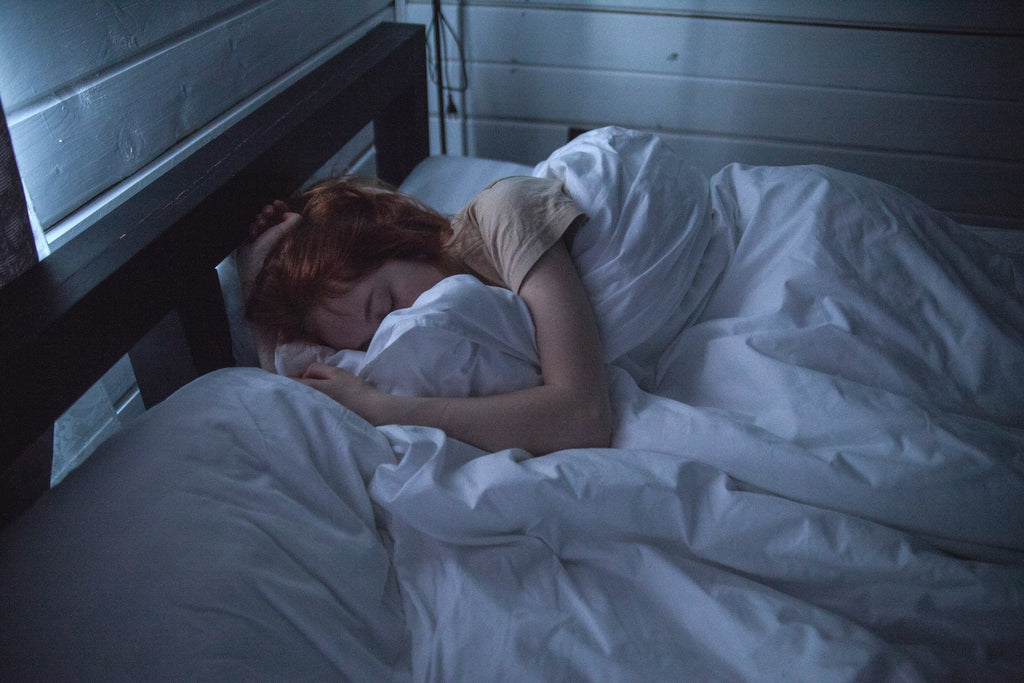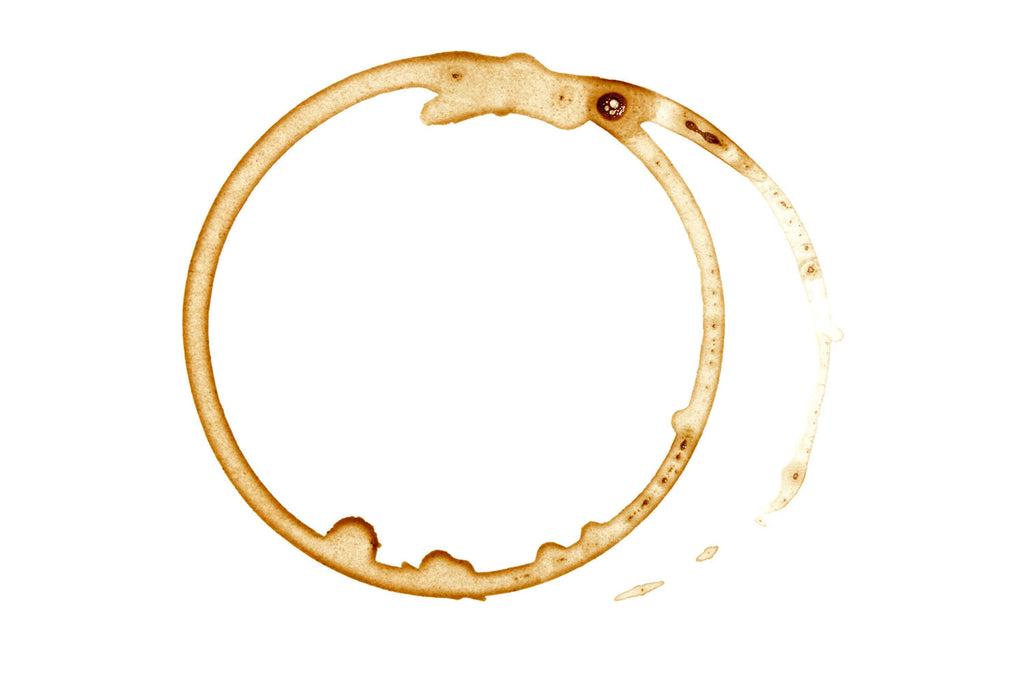
How to Handle Night Terrors in Children

Night terrors in children is a common childhood ailment. While they typically occur before the age of 12, some teenagers and even adults can be affected.
For parents, night terrors in children can be a frightening experience. Having your child awake crying and screaming is enough to make any parent anxious. Many even feel helpless as they don’t understand how or why these terrors are occurring.
In this article, we’ll cover what exactly night terrors are and what you can do if your child is experiencing them.
What Are Night Terrors?

Night terrors, also called sleep terrors or pavor nocturnus, is a condition that is similar to sleepwalking and sleeptalking. They are considered to be a disorder of arousal from non-REM sleep.
Some symptoms of night terrors include:
- Screaming or shouting
- Kicking and thrashing
- Bolting upright in bed with a frightened look on their face
- Confusion when awakened
- Sweating, heavy breathing, and a rapid pulse
- Lasting from 5-30 minutes
At first glance, night terrors can appear similar to nightmares. However, there are a few key differences that set them apart. Children will often have little to no memory of the incident, and the terrors will consistently commence about 1-4 hours after they go to sleep.
Causes of Night Terrors

What causes night terrors in children?
There are many factors that can lead to a child experiencing night terrors. Some of the most common include:
- Sleep deprivation
- Stress
- Interruptions to sleep schedule, such as those that occur while traveling
- Fever
Night terrors can also be triggered by underlying conditions. These conditions include depression and anxiety as well as obstructive sleep apnea. Some medications can also contribute to the development of night terrors.
What to Do
Parents whose children are experiencing night terrors often try to find out how to stop the night terrors, both during the episode itself as well as for prevention.
Fortunately, in the vast majority of cases, no treatment is needed. During the episode, it is advised that you don’t try to stop the terror. Instead, focus on making sure that the child is safe until the terror is over.
As far as how to deal with night terrors, there are several things you can do:
- Make sure that your child gets enough sleep. Establish a sleep schedule and stick to it.
- Make sure that your child can sleep comfortably. If a mattress or pillow is preventing them from sleeping soundly, it may be time to replace it.
- If your child is frequently experiencing night terrors, try to determine when they usually occur and wake your child up before then.
- If night terrors are occurring constantly and/or they are becoming so intense that they are threatening the safety of your child, don’t hesitate to consult a doctor
eLuxury
At eLuxury, we understand the importance of a good night’s sleep, which is why we only sell the highest quality mattresses and beds. If you are looking for the best sleeping experience, look no further than eLuxury.




